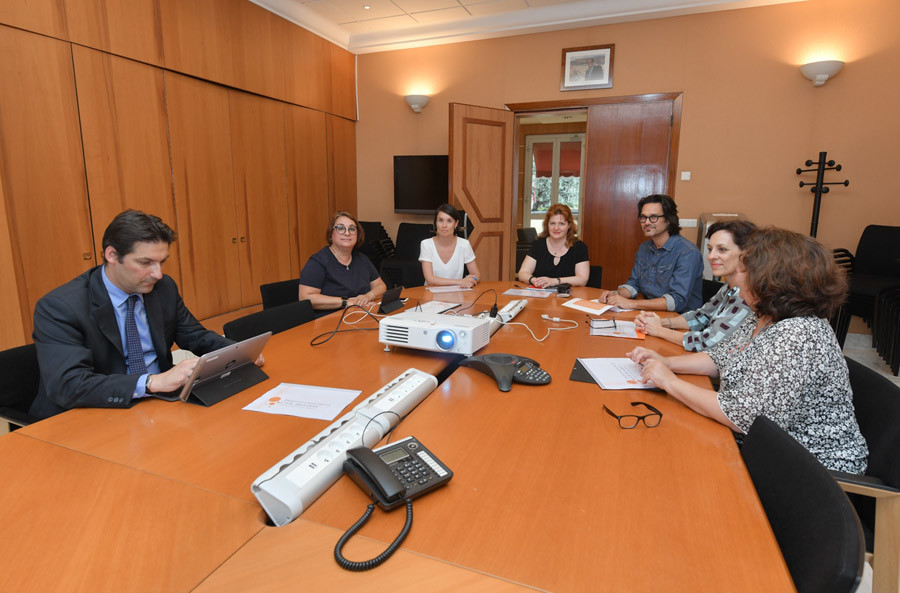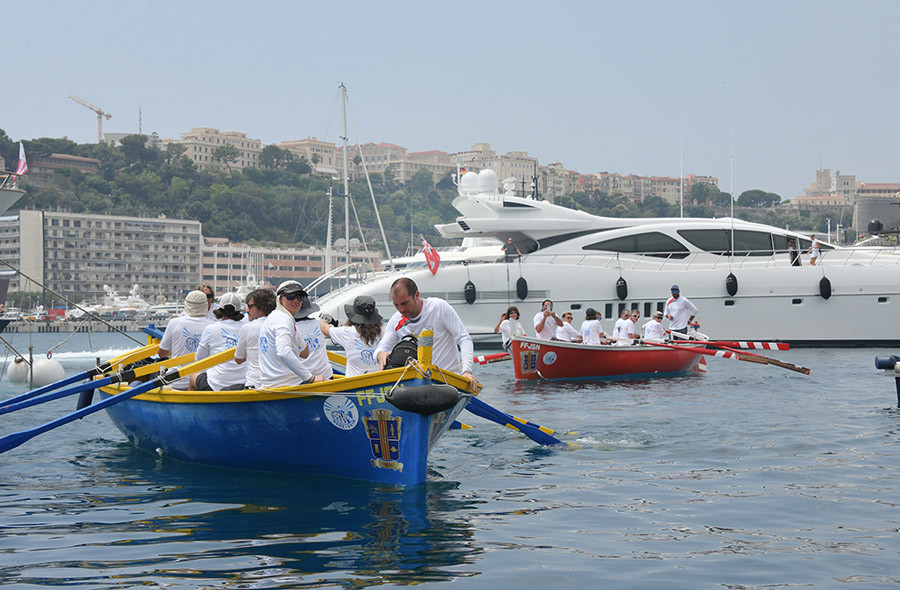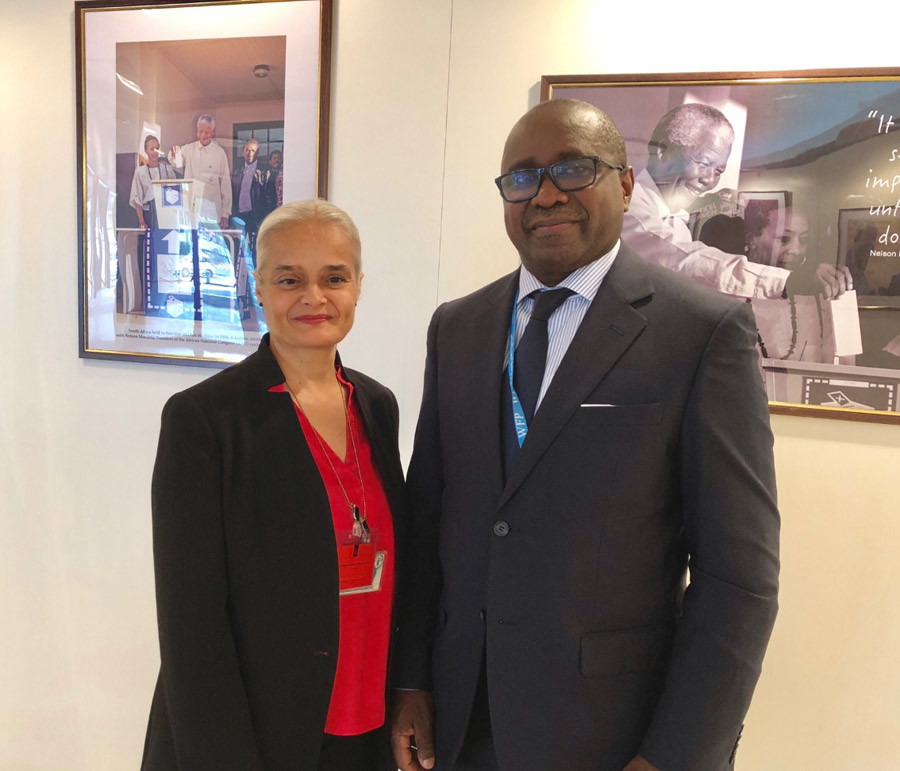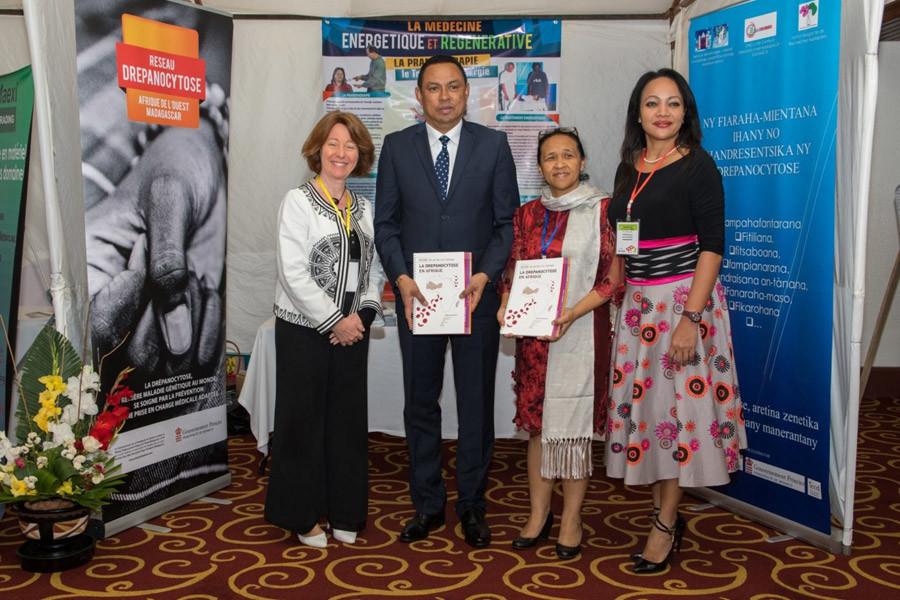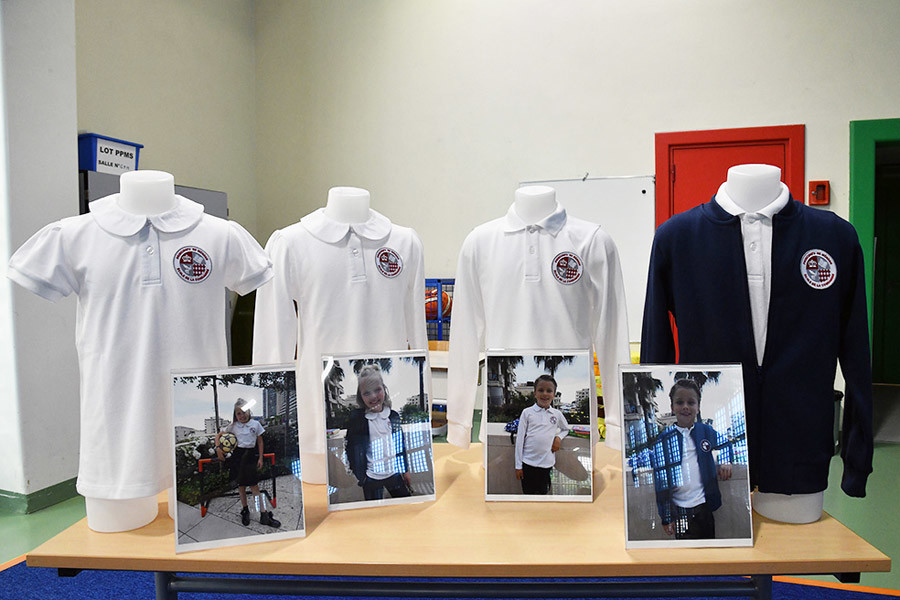With temperatures forecast to rise into the low thirties by the middle of July, the Government has issued a warning about potential dangers and offers advice to reduce the health risks.
Beyond the fatigue that high temperatures always cause, extremely hot weather can lead to serious results including dehydration and heat stroke. Moisture, like air pollution, exacerbates the effects of heat. Pregnant women, the elderly, and those on sone prescriptions are most at risk.
The Government suggests a number of simple precautions. These include to avoid going out during the hottest hours, from 11:00 until 17:00. Rest in a cool place and take an afternoon nap; avoid outdoor activities that require excessive energy expenditure, such as gardening, and do-it-yourself, as well as physical efforts; wear a hat, light clothing (cotton), loose and light in colour; keep your home cool (close the windows and shutters/blinds during the day, open them at night and in the evening if it is cooler); and hang a damp cloth in front of an open window; water, if possible, your terrace or balcony, especially those facing west, in the evening after sunset; check the operation of your refrigerator..
If the temperature inside exceeds 32C, a fan does not act against the oppressive heat because it brews the air without cooling it and accelerates the dehydration.
Cool off: take regular showers or baths (but not cold); moisten your body several times a day with a fogger or washcloth; spend two to three hours a day in a cool place, such as department stores, cinemas, and other public places with air conditioning.
Drink and continue to eat: drink at least 1.5 litres of water a day; drink water regularly without waiting to be thirsty; avoid drinking alcohol, coffee, tea, soda and sweet drinks as these
drinks promote dehydration; eat in sufficient quantity following a cold diet, rich in water such as raw fruits and vegetables; avoid staying near a heat source, such as an oven.
Ask your doctor or pharmacist for any medication, even if they are on sale without a prescription, in the event of any unusual symptoms.
Do not hesitate to give regular news to your loved ones and as soon as necessary; dare to ask for help if you need it; help the elderly, children and infants to hydrate themselves.
Finally, contact, for yourself or someone who needs it, the Emergency Department of the
Princess Grace Hospital at the following telephone number 97 98 99 00.
